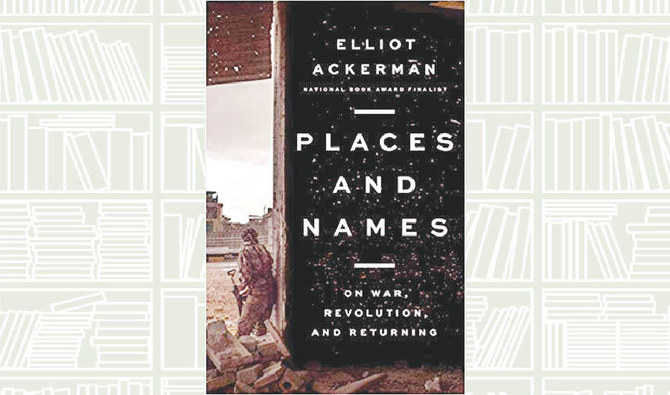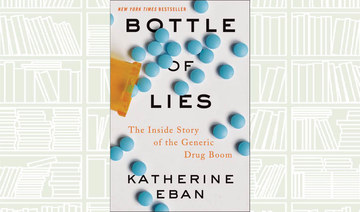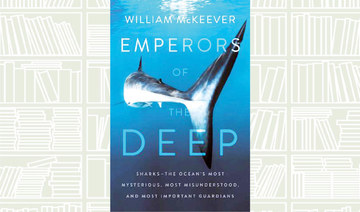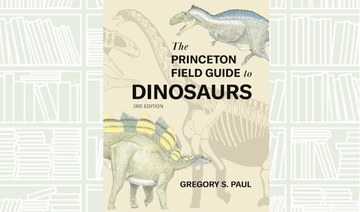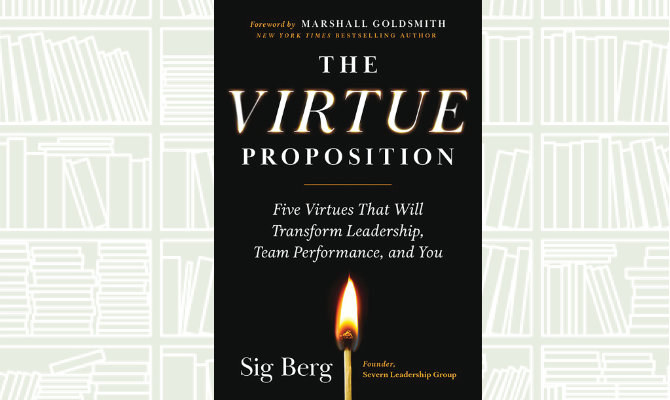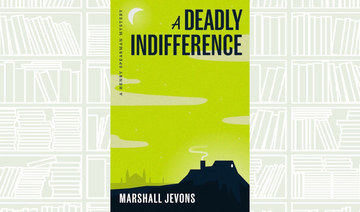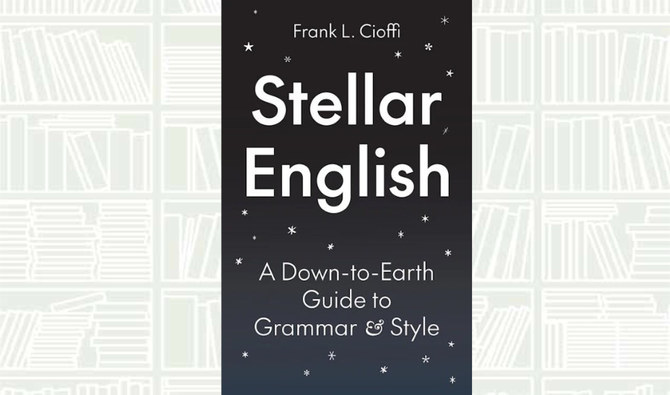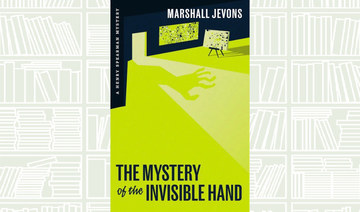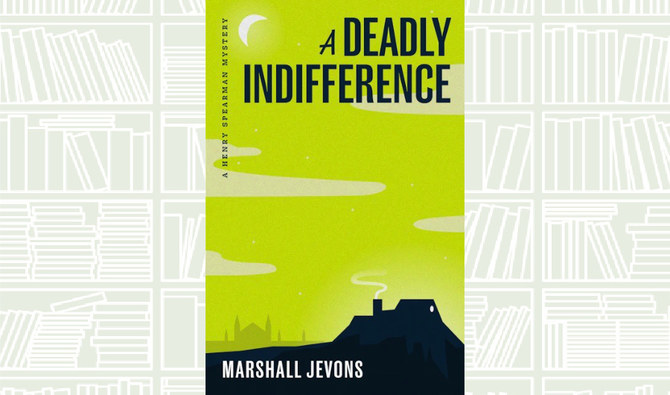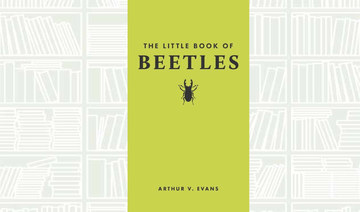Author: Elliot Ackerman
Places and Names is another spectacular piece of writing from Elliot Ackerman.
He served five tours of duty in Iraq and Afghanistan.
“At once an intensely personal book about the terrible lure of combat and a brilliant meditation on the larger meaning of the past two decades of strife for America, the region and the world, Places and Names bids fair to take its place among our greatest books about modern war,” said a review in goodreads.com.
In a review for The New York Times, critic Anne Barnard said Places and Names “is a classic meditation on war, how it compels and resists our efforts to order it with meaning.
“In simple, evocative sentences, with sparing but effective glances at poetry and art, Ackerman weaves memories of his deployments with his observations in and near Syria.”
Barnard said Ackerman pulls off a literary account of war that is accessible to those who wonder “what it’s like” while ringing true to those who — each in his or her own way — already know.



